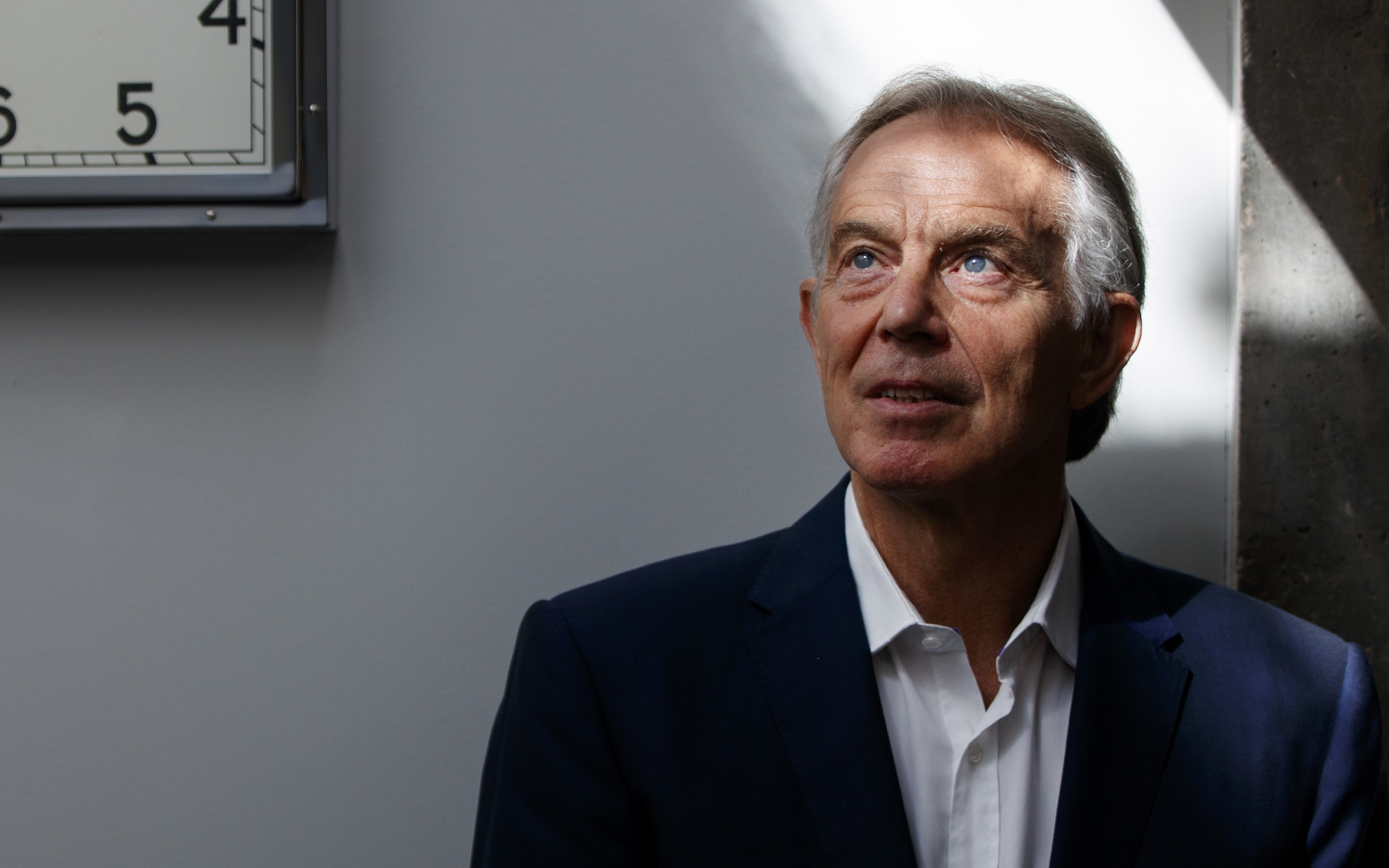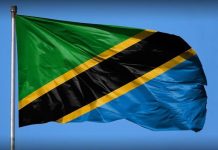Written by
Faridah N Kulumba
Africa-Press-Tanzania Just like mainland Tanzania, the semi-autonomous region of Zanzibar decided to hire former British Prime Minister Tony Blair to help expedite the implementation of MKUZA, in it’s 2025 policy plan of economic growth and poverty reduction.
The Zanzibar MKUZA strategy is aligned with the country’s development framework for 2025 that aims to achieve a lower middle-income status, reported the Africa report.
MKUZA plan
MKUZA Implementation Plan was developed by Ministries, Departments and Agencies (MDAs) and National security Agencies (NSAs) to implement Zanzibar Strategy for Growth and Reduction of Poverty (ZSGRP) MKUZA 2010-2015. The plan has prioritized programs and projects for each Cluster and goals with costs on an annual basis.
The implementation plan for MKUZA ll resulted from lessons learned during the implementation of MKUZA l which pointed to a number of gaps that lead to poor implementation and sub-optimal achievement. It was created to ensure that the development strategies and plans enhance communication, Public-Private Partnership, monitoring and evaluation and capacity building by strengthening the implementation capacity of actors.
Blair’s experience
The Tony Blair Institute for Global Change supports political leaders and governments to build open, inclusive and prosperous societies in a globalised world, through developing policy and advising governments.
Mr Blair is working with 16 African countries focusing on Advising on overhauling national emergency, supporting the re-purposing of textile manufacturing operations to produce personal protective equipment, helping identify critical supply needs for respirators, ventilators and test kits as well as supply solutions across Africa, providing analysis and insights on the revolution of the pandemic in Africa to offer rapid lessons to leaders and supporting crisis response coordinators in several presidencies to establish crisis management structures.
Mr Blair has made two official visits to Tanzania in just months during President Samia Suluhu Hassan’s administration. Tanzanian officials confirmed that President Hassan hired Tony Blair Institute to handle two of her administration’s key projects: the fight against Covid-19 and rebuilding Tanzania’s international reputation.
Criticisms
Perhaps there has been no staunchest observer of Mr Blair’s growing interests with Tanzania than Dr Thabit Jacob, a faculty member at the University of Gothenburg in Sweden and a keen follower of Tanzania’s developments. He noted that Blair’s services to autocrats and wannabe dictators aren’t cheap.
In a March 2020 story, Africa Press described Mr Blair as “the man who whispers in the ears of Africa’s presidents.” According to the Paris-based magazine, over the years, Mr Blair has offered his services to former Libya’s President Muammar Gaddafi, Guinea-Conakry’s then-President Alpha Condé, Togo’s President Faure Gnassingbé, Rwanda’s President Paul Kagame to name but a few.
So persistent has been Dr Jacob’s inquiries into the real motives behind Mr Blair’s visits to Tanzania that one member of Mr Blair’s team reached out to him to “clarify” things, saying that in Africa, Blair’s support to most of the governments they support is free to them, not for profit organisation. Same with Zanzibar, there will be zero cost to the government.
Jacob says Mr Blair’s works in Africa and elsewhere leave a lot of questions. Adding that Mr Blair has been in the news doing Public Relations (PR) deals for authoritarian regimes which totally disqualify him to offer the so-called good governance advice.
In 2014, for example, Mr Blair faced criticism for advising Kazakhstan President Nursultan Nazarbayev on publicity after the Kazakh police had shot 15 unarmed protesters. Following the incident, Mr Blair reportedly commented: “Tragic though [the deaths] were, they should not obscure the enormous progress that Kazakhstan has made.”







